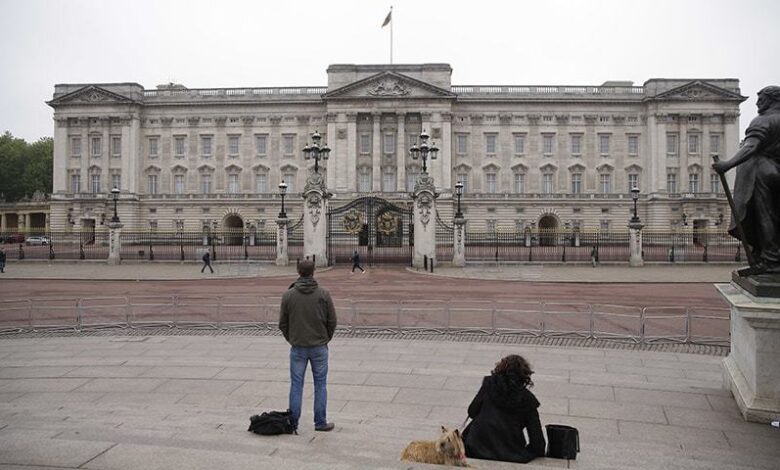
LONDON: Senior aides to Queen Elizabeth II barred the hiring of “coloured immigrants or foreigners” in office roles at Buckingham Palace until at least the late 1960s, a media report said on Thursday.
The Queen and Britain’s royal household also negotiated an exemption from 1970s-era laws on race and sex discrimination that still exists today, The Guardian reported.
Citing historical papers it unearthed at the National Archives, the newspaper said that in 1968, the Queen’s chief financial manager told government officials of the hiring policy towards ethnic minorities.
“It was not, in fact, the practice to appoint coloured immigrants or foreigners” to clerical and other office posts, one document quoted the royal courtier as having stated.
“Coloured applicants” were considered only for “ordinary domestic posts”, it added.
It is unclear when the policy ended, but Buckingham Palace has said its records show people from ethnic minority backgrounds being employed in the 1990s, The Guardian noted.
The palace added it did not keep records on the racial backgrounds of employees prior to that, according to the paper.
A palace spokeswoman said in a statement: “Claims based on a second-hand account of conversations from over 50 years ago should not be used to draw or infer conclusions about modern-day events or operations.” She added the royal household complied with the provisions of the 2010 Equality Act “in principle and in practice”.
“Any complaints that might be raised under the Act follow a formal process that provides a means of hearing and remedying any complaint,” the spokeswoman said.
The revelations are the latest in an ongoing investigation by The Guardian into the royal family’s use of an arcane parliamentary procedure — known as Queen’s consent — to influence British legislation.
The official documents show senior aides to Britain’s longest-serving monarch coordinated with government officials on the wording of new racial and sexual equalities laws in the 1970s.
The exemption secured for the royal household meant a government board, rather than the courts, has since dealt with allegations of discrimination within the royal household.
The disclosures are likely to renew focus on allegations of historical and more recent racism with the British royal family.
In a bombshell interview earlier this year, Prince Harry and his wife Meghan Markle revealed a family member had expressed concern about their expected child’s skin colour.
Shock at the claim prompted Prince William, second-in-line to the throne and Harry’s elder brother, to tell reporters in March that the family was “very much not” racist.







